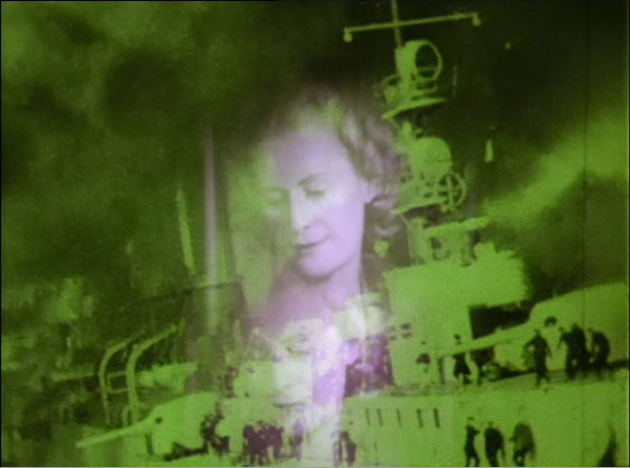
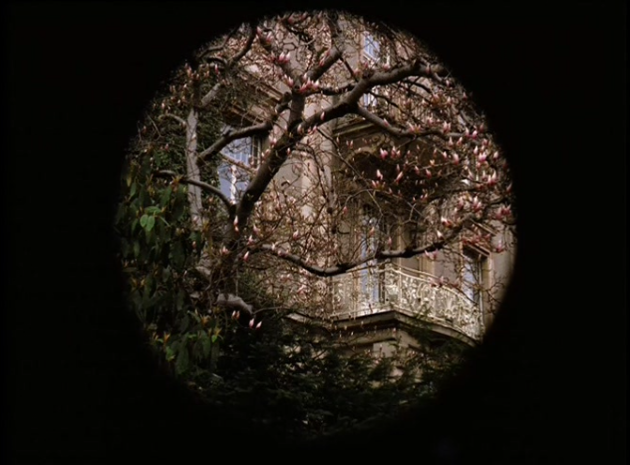
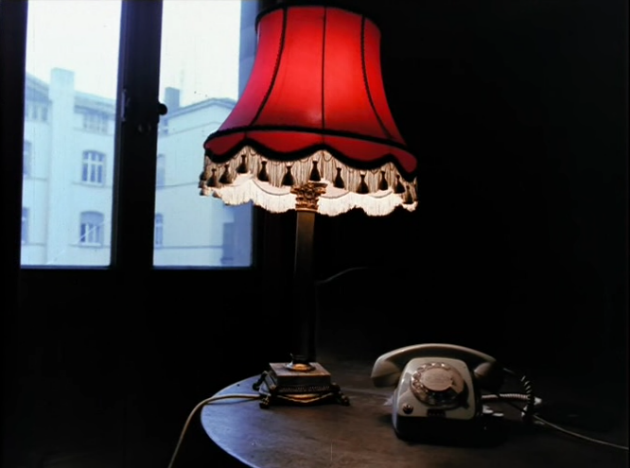
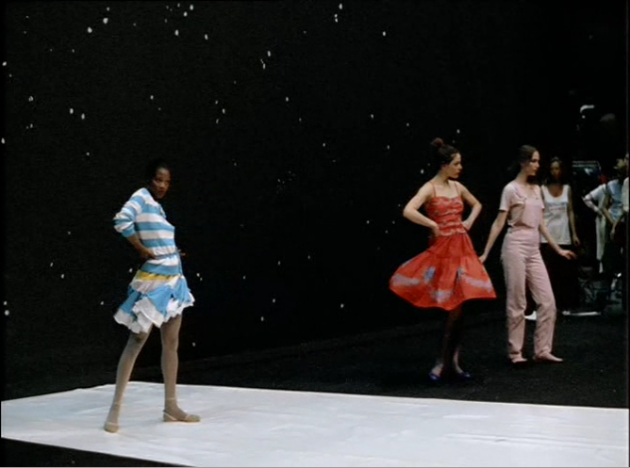
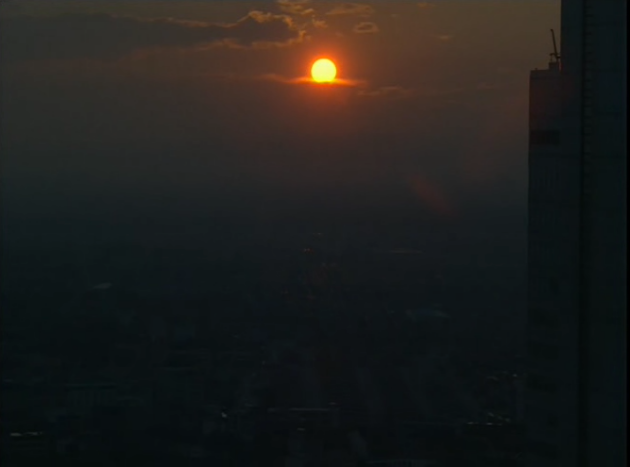
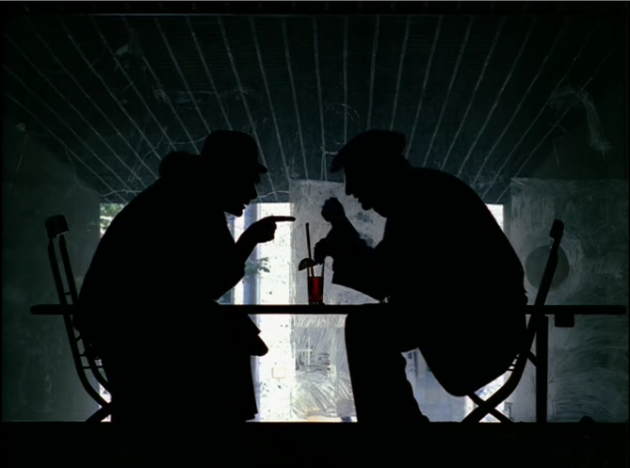
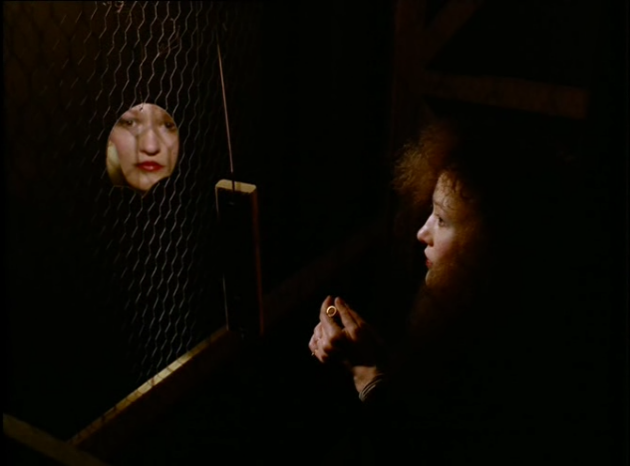
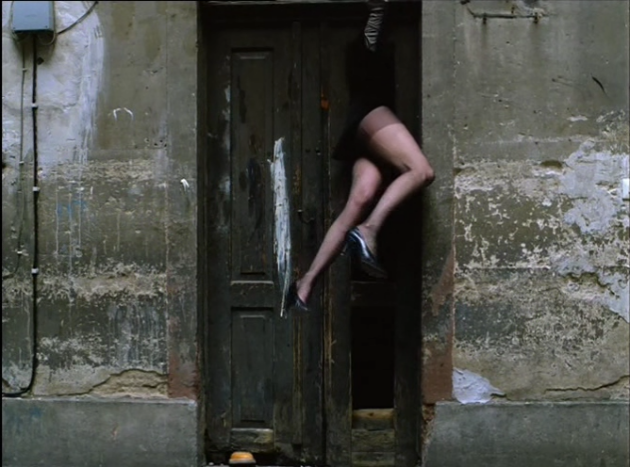
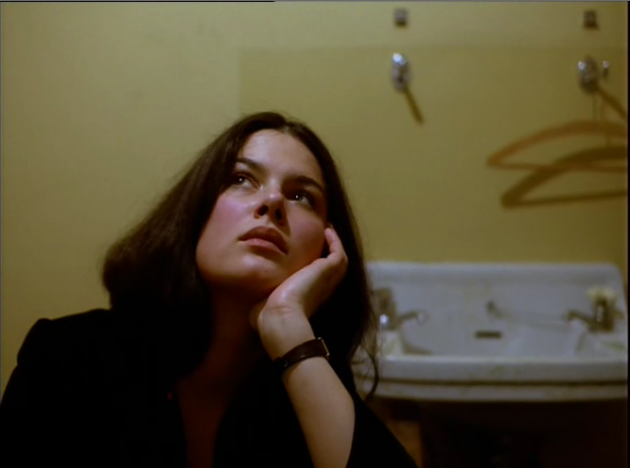
Complex, layered examination of the nature of emotions. With old movie clips, newsreel footage, opera, and a narrative storyline, Alexander Kluge's segmented yet cohesive film reflects upon the relationship between objects of war and materialism and human emotions.
A desk lamp, telephone, torpedo, shotgun or nuts and bolts don't have emotions. But it can affect people emotionally in how it's used. Opera is if not anything, full of amplified emotions. An opera singer is asked that in Act I, he has a glimmer of hope on his face, even though in Act V, everyone knows the tragedy strikes. How can he? He sang in that opera 28 times before, he must know what happens at the end. He replies repeatedly, "I don't know that in Act I."
In a murder trial, a judge is puzzled about the case of a woman who shot her husband. She insists that it was an accident, even though her husband had an incestuous relationship with their daughter. Her lack of emotion doesn't make sense logically to the judge. A woman who was dumped by her lover and heart broken, attempts suicide by swallowing pills, a man sees the unconscious woman and revives her then rapes her. He is both a rescuer and assailant. The woman, who was unconscious at the time, forgives the man because she was not emotionally involved in the act.
Kluge's examination of German war past is also there - in order to heal the wound, you have to first remove the scab and treat it. The images associated with German romanticism are often juxtaposed with war footage. Fire takes central role too in linking many of philosophical musings presented here. Repeated old song about impermanence of love and unusual camera angles on an opera stage and spyglass vision of many scenes, remind you of fleeting and subjective nature of emotions.
Then the last 1/3 of the film jumps over to a crime story involving an attractive and young gang of four. They are somehow involved in diamond heist, near murder and revival of a foreign man and crossing the border. Loosely related to the theme of the film and not, the narrative is nonetheless an absorbing one.
Godard's influence on Kluge is very evident in Die Macht der Gefühle/Power of Emotion. But Kluge holds his own. His less on the nose about his contemplation of war and history than his idol. His visual sense is just as sharp as Godard's but yet different. I am very much eager to explore Kluge's other films.
No comments:
Post a Comment